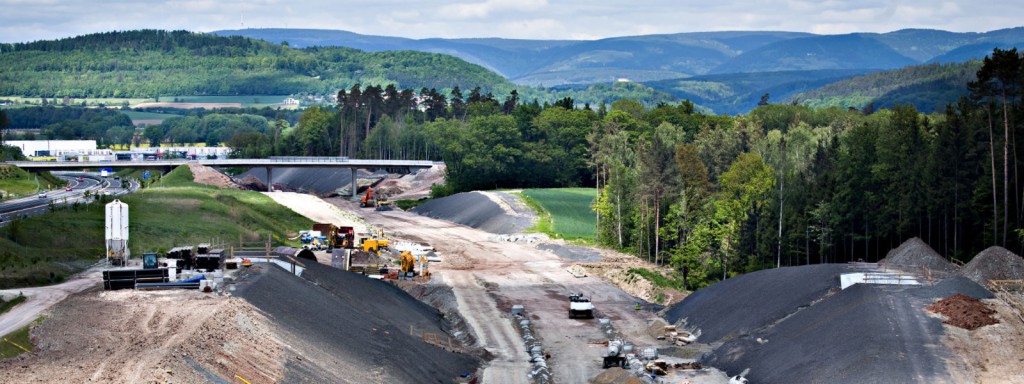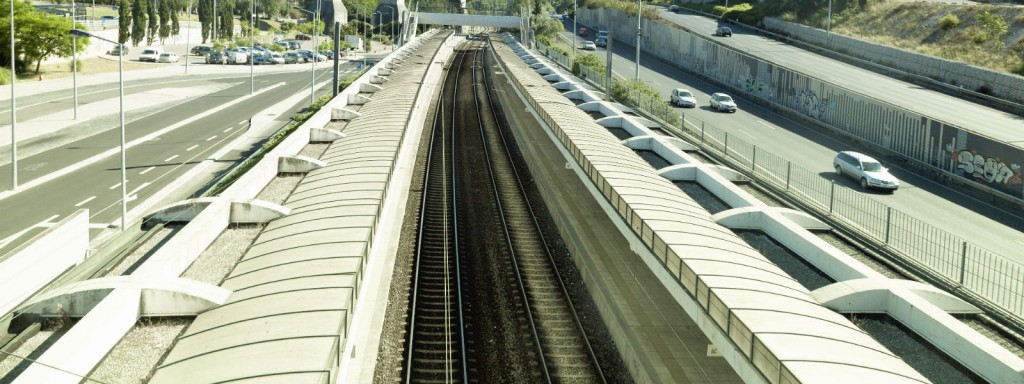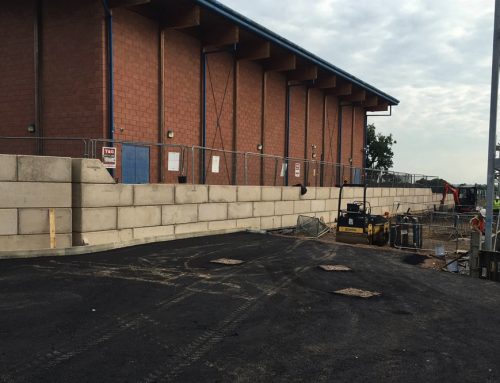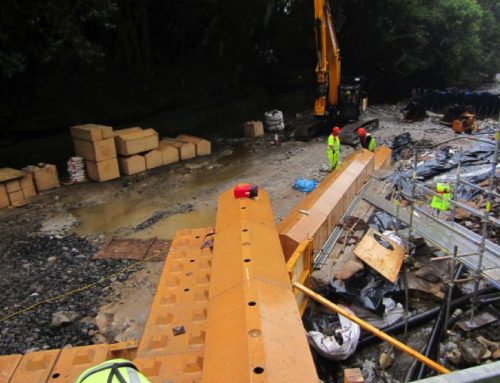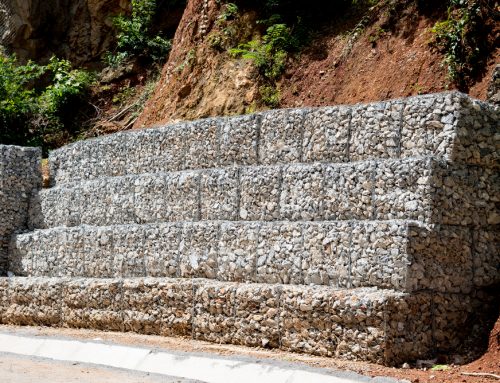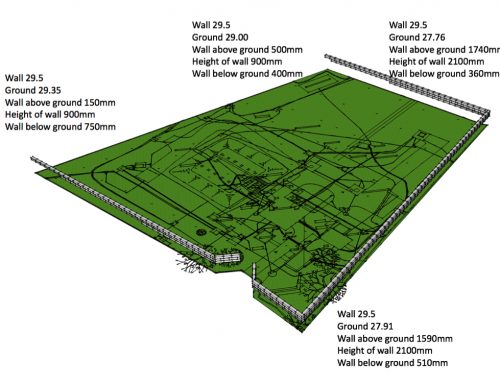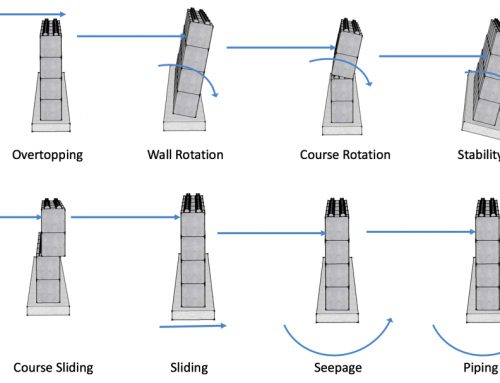EU Revised Waste Targets. Realistic, Or A Load Of Rubbish?
With the UK by no means being sure to hit the EU recycling waste targets by 2020, or revised targets by 2030, just what is happening to reduce the amount of waste going to landfill in the UK over the next few years?
Current Progress
EU Targets on biodegradable municipal waste have already been met by the UK, however the landfill directive of 1999, set a target in 2013 that stated required member states could send no more than 50% of their 1995 base line to Landfill.
Whilst progress is a little slow at the moment, Quarter 3, 2015 figures for the UK offer a more upbeat outlook, with a 14.8% drop in the amount of waste sent to landfill in 2014 compared to the same period in 2013.
Separately collected food waste recycling tonnage also increased 7% from 2013 to 2014, however food only accounts for around 3% of overall recycling.
What The UK Needs to Achieve
To achieve the figures set out by the EU and UK Government, 67% of waste would need to be collected by 2020. At the same time as these figures were released, the UK Government also published national recycling targets, which stated that 33% of household waste should be recycled or composted by 2015. The Government also issued a ‘Waste Performance and Efficiency’ grant to all local authorities in the UK of around £260m to aid local councils in reducing waste and increasing recycling and diversion from landfill.
So with local councils all over the UK striving towards achieving Landfill and Recycling targets, how likely is it that these targets will be hit by 2020?
There can’t be any denying that with the increase in spend and the focus on recycling that the UK has improved its quota over the last 10 years however it’s estimated that current spending would have to increase significantly to achieve the targets by 2020. Bearing in mind over £3bn has been spent already on total waste and recycling collection and disposal over the past 5 years.
Measurement Criteria
One of the ways in which these figures could be revised is by looking more closely at the Waste Management measurement criteria. There are thousands of tonnes of certain waste streams that aren’t used towards these targets. One of these waste streams is Organic material collected by local authorities which is recycled as part of land restoration projects. Another material not counted is ash-by product that forms at the bottom of residual waste incinerators, but is widely recycled to produce aggregate for the building and construction industry.
In an EU meeting regarding Waste targets last week, UK ministers raised concerns with the targets which were revised by the EU in December 2015 asking member states to aim for recycling of 65% of municipal waste by 2030. Rory Stewart, the UK’s minister whose responsibilities include resource management and recycling told the Brussels meeting that the UK’s “Overarching concerns” were with the proposed targets. He went on to explain that the UK were more excited about voluntary approaches to the Circular Economy and reducing the burden on UK businesses.
Rest of Europe
Sweden introduced a landfill tax in 2000 which has been increased several times in the past 10 years, however now only sends around 0.5% of waste to landfill. The remaining waste is recovered as materials and energy.

The UK is far from the poor relation in Europe when it comes to recycling municipal waste, and there are a huge number of countries who are nowhere near the UK in terms of recycling rate, however the countries who really threw their support behind the initiative are smashing their Municipal recycling targets and gaining huge amount of new energy and materials from doing so. Germany, Austria, Switzerland and Belgium have all achieved 50%+ waste reduction since 1999.
That said, there is one huge discrepancy with all the figures being reported and that is quite simply that every country has varying populations and waste per person figures which are reported differently in every country so there is no consistency.
It remains to be seen whether the EU targets will be achieved by the UK and other member states, or if indeed they are a load of rubbish!
Blockwalls provide Waste Segregation solutions to a number of Waste and Recycling sites all over the UK. For more information on how we have recently helped Veolia segregate Waste in some of their depots in the UK, click here to view the Case Study
If you would like to discuss your Concrete Lego Block needs with us, call today on 0800 880 3135 for an instant quote, or click the call back block below to schedule a call with one of our staff at a time to suit you.

